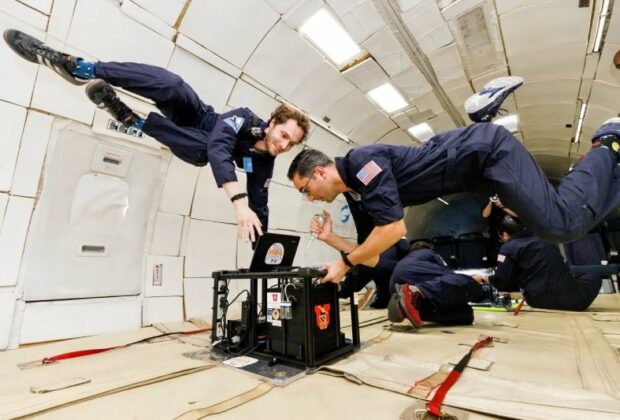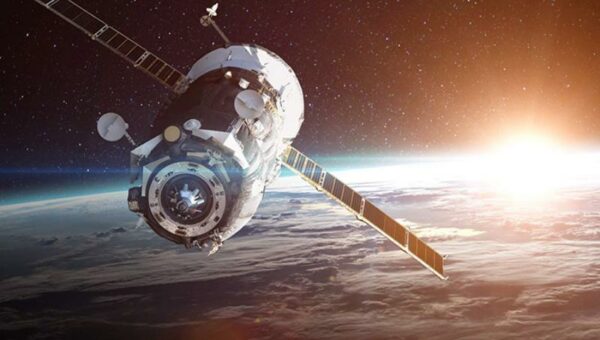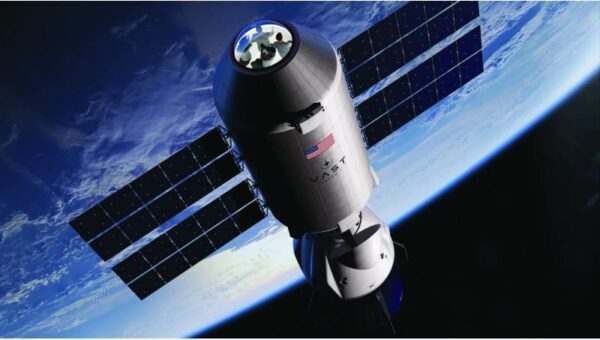The human body can be affected by zero gravity and other environments in a variety of ways, according to research in the expanding field of space medicine. According to a recent study, astronauts are now more likely than previously thought to get headaches when in space.
Twenty-four astronauts from Japanese, European, and American space organizations participated in the study. All of them spent up to 26 weeks living and working on the International Space Station. Out of them, all but two said they got headaches when they were in space.
More astronauts than the experts had anticipated experienced headaches. The crew had been in space long enough for the body to acclimate, yet the headaches persisted. During the first two weeks in space, the procedure occurs.
Early-stage headaches frequently had symptoms that resembled migraines. According to the study, those who experienced space flight later on exhibited symptoms more akin to tension headaches.
The study’s principal author is neurologist WPJ van Oosterhout of the Zaans Medical Center and the Leiden University Medical Center in the Netherlands. he said the findings indicates that distinct processes “are involved for the early headache episodes – the first one to two weeks in space – versus later headache episodes.”
This week, the research was released in the journal Neurology.
“In the first week, the body has to adapt to the lack of gravity, known as space adaptation syndrome. This phenomenon is similar to motion sickness, and can cause nausea, vomiting and dizziness, and headaches,” according to Van Oosterhout. “The later headaches could result from … more fluid accumulating in the upper part of the body and head….”
According to Van Oosterhout, migraines that occur on Earth frequently have throbbing headaches that last four to seven hours. They can also cause nausea, vomiting, and light and sound sensitivity. According to him, tension headaches on Earth typically cause a dull aching throughout the entire head.
The average age of the astronauts—23 men and one woman—was almost 47. From November 2011 to June 2018, they were on missions to the International Space Station. Over the course of 3,596 days in orbit, 22 out of the 24 astronauts reported 378 headaches. Three months after returning to Earth, not one of the twenty-four reported having a headache. None of them had a history of regular headache attacks or migraines prior to their stay in space.
Space flight has been linked to documented side effects such as immune system, brain, and cardiovascular system alterations, as well as atrophy, or weakening of the bones and muscles. Additionally, affects on the inner ear and an eye ailment have been reported in astronauts. Another worry is the possibility of cancer due to high radiation levels in space.
The extent to which these effects could be a hindrance to long-duration human space travel, such as missions to Mars or beyond, is unknown to experts.
“The honest answer is that we don’t know the effects of long-duration space travel – possibly years – on the human body,” Van Oosterhout said. He added that this “is a clear task for the field of space medicine.”








